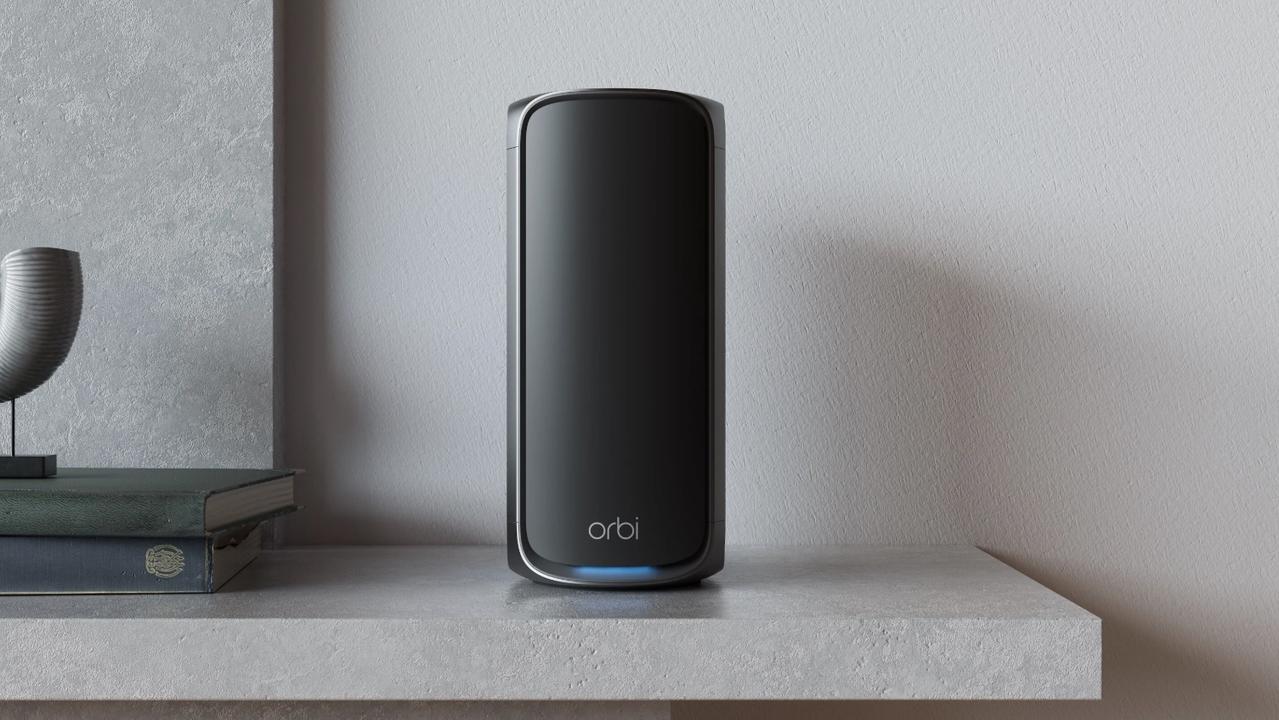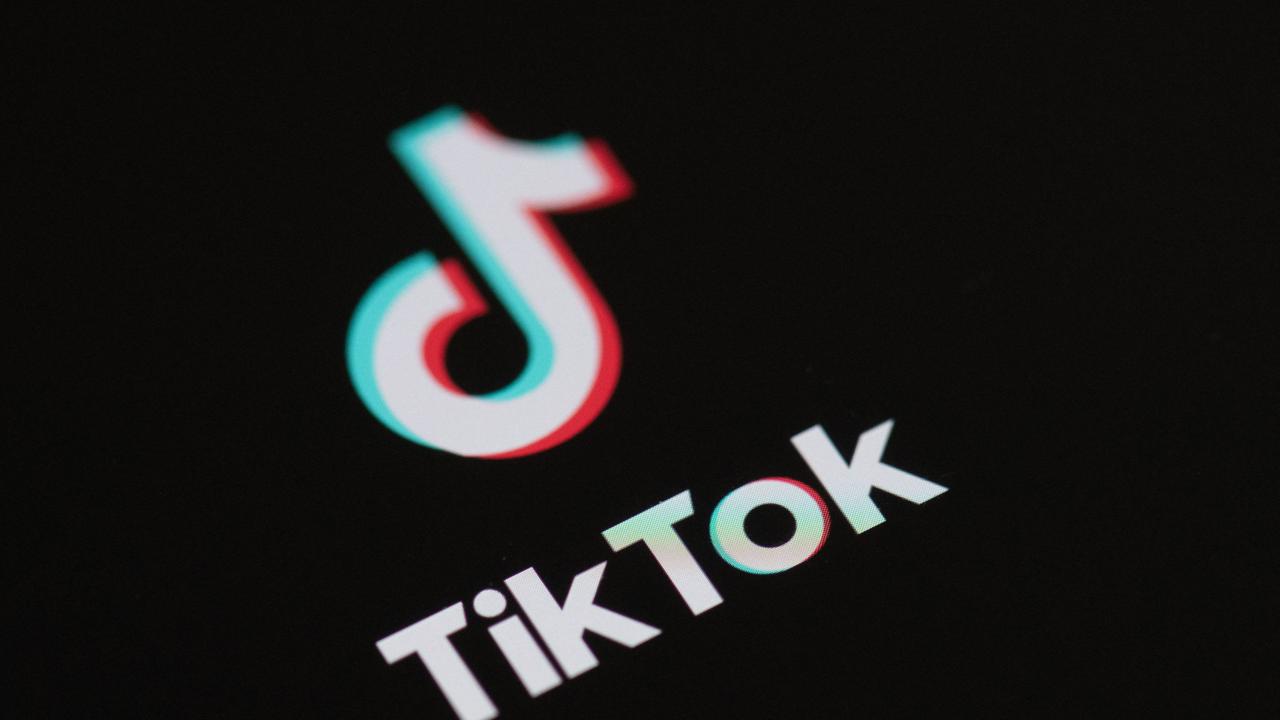Senate committee backs buy now pay later fintechs to self-regulate
Committee chair, Liberal Senator Andrew Bragg, told The Australian that “consumer detriment is minimal” in the BNPL sector.

Australia’s buy now, pay later providers, including Afterpay and Zip, are breathing a sigh of relief after a powerful Senate committee into fintech recommended the nascent industry be allowed to self-regulate.
Following months of hearings and nearly 200 submissions, the Select Committee on Financial Technology and Regulatory Technology handed down its interim report on Wednesday, declining to add further red tape to the controversial BNPL sector.
Consumer advocate groups had called on the disruptive companies to be regulated like credit providers, declaring that vulnerable consumers were put at risk of spiralling into debt with the services. But the Senate committee backed the BNPL’s own code of practice, in which the companies have committed to safeguards such as capping late fees, and agreeing to never initiating bankruptcy procedures.
“Because innovation like BNPL often occurs on the fringes of regulation, it is inappropriate to force each innovation into a one size fits all approach,” the report reads.
“Industry self-regulation provides an initial framework to protect innovation which can later be backed up by a policy statement or a form of co-regulation (collaboration between industry and government).”
Committee chair, Liberal Senator Andrew Bragg, told The Australian that “consumer detriment is minimal” in the BNPL sector.
“This culture of self-regulation should be supported and should be built upon, because this is seen as a good model,” Bragg said. “This is the job of Canberra, not ASIC, and this committee has looked at this issue and come to the view that self-regulation is a good model.
“In terms of buy now, pay later the consumer detriment is very minimal, based on volumes and compared to other products. What we don’t want to be doing is forcing every piece of innovative model into a one size fits all approach, because it’s not the same as traditional credit cards.
“We want to ensure the innovation we all seek is possible in Australia and isn’t pushed into oblivion.”
Welcome news
Zip co-founder and chief operating officer Peter Gray said the committee’s work was “absolutely spot on” in leaving the BNPL industry to self-regulate.
“Innovation is too important to be smothered with a one-size-fits-all approach to regulation,” he said.
“On this point, Zip is pleased to see the committee acknowledge the importance of self-regulation and the need to create a culture of innovation in Australia. Zip also notes the committee’s reference to the robust performance of the buy now, pay later sector during COVID-19, which the committee says saw less than 1 per cent of customers approved for hardship relief, which is significantly better than other traditional sectors and business models.”
Afterpay chief executive Anthony Eisen joined his rival in welcoming the news.
“We welcome the premise that existing regulatory structures would not deliver fit-for-purpose regulation and would be happy to see the BNPL Code of Conduct recognised and used as the basis of more formal regulation in the future,” he said.
“What this report recognises is that customers are responding positively to innovation that delivers better outcomes for them, and that our regulatory frameworks need to embrace and foster this if Australia is to compete on an international level.
“We look forward to continuing to engage with policy makers as the sector develops.”
Shares in Afterpay, Zip, Splitit and Sezzle all fell after news that global giant PayPal was launching its own buy now, pay later functionality.
Afterpay dropped 1.9 per cent to $82.50, Splitit slumped 4.6 per cent to $1.64 and Sezzle fell 3.8 per cent to $8.43.
Other major recommendations in the report include that a new agency be created to govern the rollout of the Consumer Data Right (CDR), and that responsibility be taken away from the ACCC. The CDR will give consumers the ability to access and safely transfer their data to trusted parties.
FinTech Australia chair Rebecca Schot-Guppy said that approach had worked successfully in both Singapore and the UK.
“The fintech industry is also eager to see the ACCC speed up its investigation into intermediary access into the CDR, as recommended by the committee. We have consistently argued the intermediary approach is the best way to ensure widespread adoption and the best consumer outcomes from the CDR policy,” she said.
“We also support the committee’s recommendation against banning screen-scraping practices. However, we firmly believe a robust accessible CDR regime will render this practice obsolete over time.
“Finally, we are also pleased to see the committee agree with our suggestion to run a well-timed advertising campaign to raise consumer awareness of the Consumer Data Right and drive competition. Again, timing will be key here, as we need to ensure there are adequate effective services in place for the messaging around the promises further competition brought about by the CDR to truly sink in.”
The committee reopened to tackle COVID-related issues, and recommended the Corporations Act be amended to allow companies to hold virtual AGMs, and that they communicate with shareholders electronically by default. It also called on the government to better entice superannuation funds to invest in technology start-ups.






To join the conversation, please log in. Don't have an account? Register
Join the conversation, you are commenting as Logout